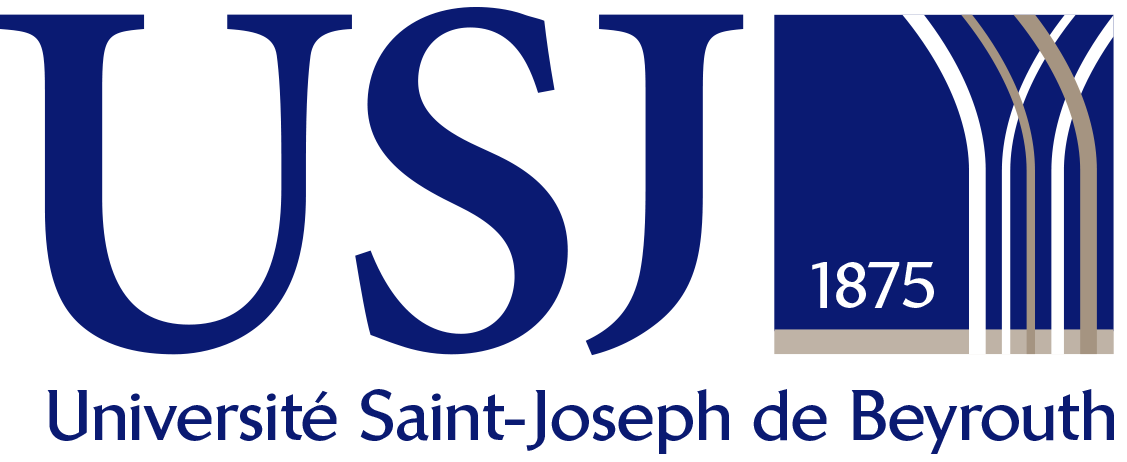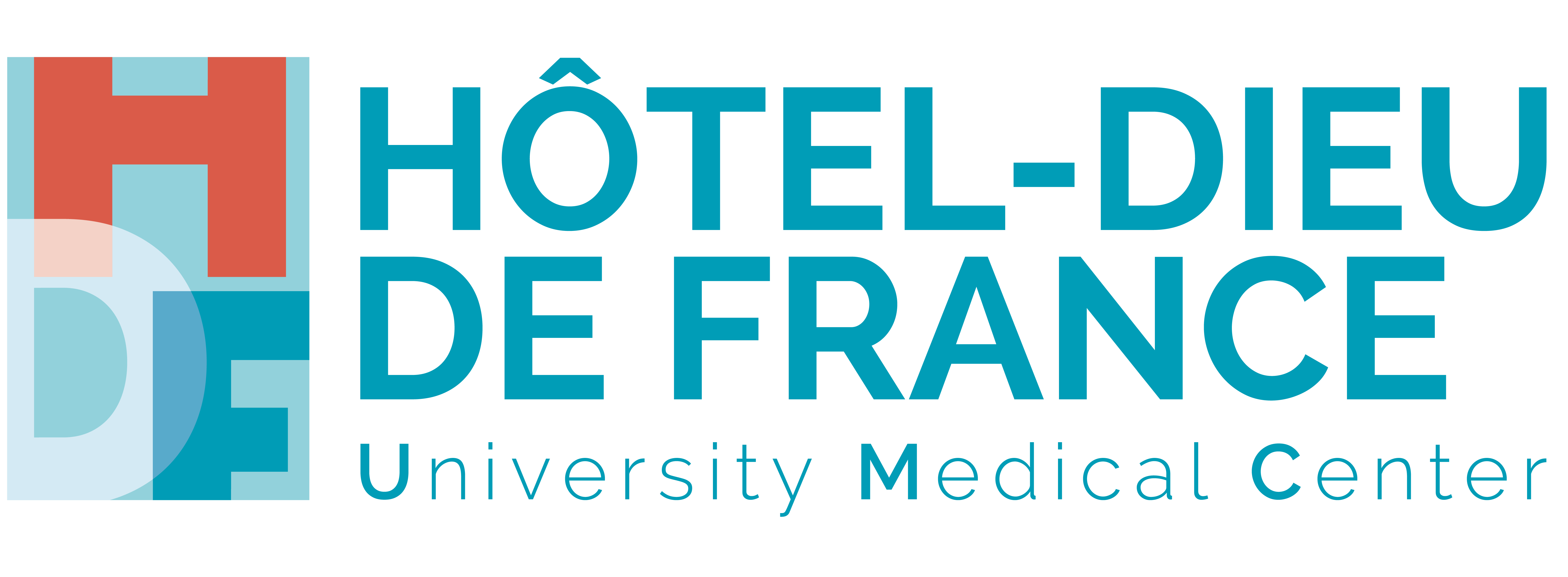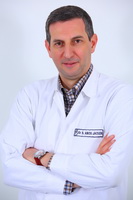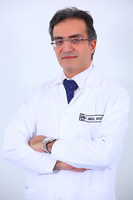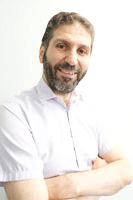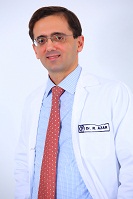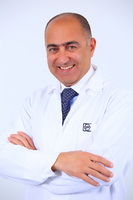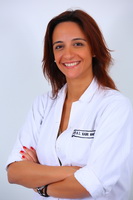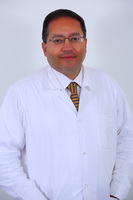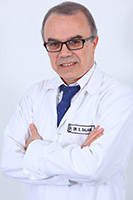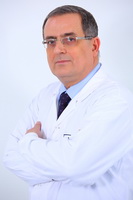Cardiology
The Department of Cardiology, founded in 1923, has gradually acquired an advanced technology combined with an outstanding human capital of 10 cardiologists trained in the most distinguished universities and hospitals in Europe and the United States.
The Department is qualified to carry out the following investigations:
- Invasive hemodynamic tests: coronary angiograms, coronary angioplasties with insertion of different types of stents, FFR and IVUS, percutaneous treatment of coronary chronic total occlusion (CTO).
- Percutaneous treatment of heart valve diseases: Transcatheter Aortic Valve Implantation (TAVI) for severe aortic stenosis and MitraClip for severe mitral regurgitation.
- Percutaneous left atrial appendage occlusion using Watchman or Amulet device.
- Ablative techniques in heart rhythmology: supraventricular tachycardia (in particular atrial fibrillation) or ventricular tachycardia, atrioventricular node and accessory bundles.
- Electrophysiological explorations in rhytmology with cardiac cartography, implantation of different types of pacemakers, single, dual or triple chamber, with or without implantable defibrillator.
- All types of echocardiography: transthoracic echocardiogram (TTE), transesophageal echocardiogram (TEE), stress echocardiography (through exercise or Dobutamine), 3D echocardiography, echocardiogram with contrast, Tissue Doppler imaging, and Strain.
- Other non-invasive explorations: stress test, Holter monitoring the heart’s rhythm or blood pressure and ventricular late potentials.
The Department has established a perfectly equipped coronary care unit.
It also comprises a highly active research unit that has many publications in high-level international journals focusing on various fields such as new therapies, new paraclinical tests, cutting-edge technologies, international multicenter studies… and oral presentations in the most prestigious medical congresses.
